In a world striving for equality, the need for gender parity has never been more critical. Sponsorship plays a vital role in supporting initiatives that empower individuals of all genders and break down systemic barriers. By embracing gender equality, we not only enhance the potential of every individual but also foster a more inclusive society. Curious to learn how you can contribute to this impactful movement? Read more!
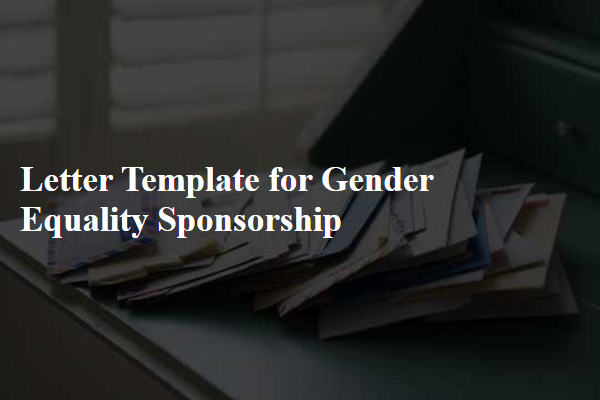
Organization's Mission and Vision Alignment
A profound commitment to gender equality is inherent in the mission and vision of our organization, which aspires to create a world where every individual, regardless of gender, enjoys equal opportunities for personal and professional growth. Recognizing that gender disparities persist in various sectors, such as education and employment, we advocate for initiatives that empower marginalized groups and foster inclusive environments. Through our partnership model, we aim to align with sponsors who share our values, further enhancing programs designed to eliminate barriers, promote awareness, and support skill development, ultimately driving systemic change within communities. Our strategic focus on measurable outcomes ensures transparency and accountability, attracting stakeholders dedicated to making a tangible impact in the pursuit of gender parity.
Specific Sponsorship Benefits and Opportunities
Sponsoring gender equality initiatives provides numerous benefits and opportunities for businesses. Engaging with organizations focused on gender equality, such as the Global Women's Leadership Network, creates pathways for brand visibility during high-profile events, typically attended by influential leaders and policymakers. Collaborative projects often highlight sponsorship contributions, enhancing corporate social responsibility reputations. Access to exclusive networking opportunities, such as roundtable discussions and workshops, enables companies to connect with other industry leaders and advocates. Additionally, data-driven insights from research initiatives can inform business practices, aligning corporate strategies with modern expectations around diversity and inclusion. This proactive approach not only strengthens brand loyalty among consumers but also fosters a progressive workplace environment, promoting employee retention and satisfaction in an increasingly competitive market.
Target Audience and Impact Goals
The sponsorship of gender equality initiatives aims to empower women and promote equitable opportunities across various sectors, including education, healthcare, and workforce participation. Target audiences encompass both corporate entities seeking to enhance their diversity and inclusion practices and non-profit organizations focused on women's rights advocacy. Impact goals include increasing female representation in leadership roles by 30% by 2025, improving access to education for girls in underprivileged communities, and raising awareness through community engagement events. Collaborative efforts are intended to foster a culture of respect and equality, ultimately enhancing societal well-being and economic growth.
Personalization and Engagement Strategy
Creating an impactful gender equality sponsorship strategy requires a profound understanding of the historical context, ongoing initiatives, and current statistics surrounding gender issues in various sectors. Organizations, such as the United Nations, emphasize the necessity of gender parity, advocating for women's representation in leadership roles, as only 28% of senior management positions globally are held by women (as of 2021). Authentic engagement includes collaboration with local women's organizations, which can provide critical insights into community needs and amplify voices often overlooked. Sponsorship packages may include funding educational programs that empower young girls in developing countries, aiming to reduce the gender gap in literacy rates (which stands at 11% lower for females in certain regions). Building partnerships with corporations committed to diversity can enhance visibility and economic support, creating a sustainable ecosystem that champions gender equality while positively impacting communities.
Metrics for Success and Reporting Methods
Successful gender equality sponsorship initiatives rely on comprehensive metrics and accurate reporting methods to measure impact. Key performance indicators (KPIs) include the percentage increase in female representation in leadership roles, which can be tracked annually (e.g., a target of 30% by 2025). Additionally, employee satisfaction surveys can provide qualitative insights into workplace culture, highlighting perceived barriers to gender equality. Regular data collection from human resource systems (e.g., demographic breakdowns of promotions and hiring practices) aids in identifying trends over time. Furthermore, program-based assessments focus on specific initiatives, such as mentorship programs, evaluated through participant feedback and retention rates. Transparent reporting methods enhance accountability, with quarterly progress reports submitted to stakeholders summarizing achievements and areas for improvement.

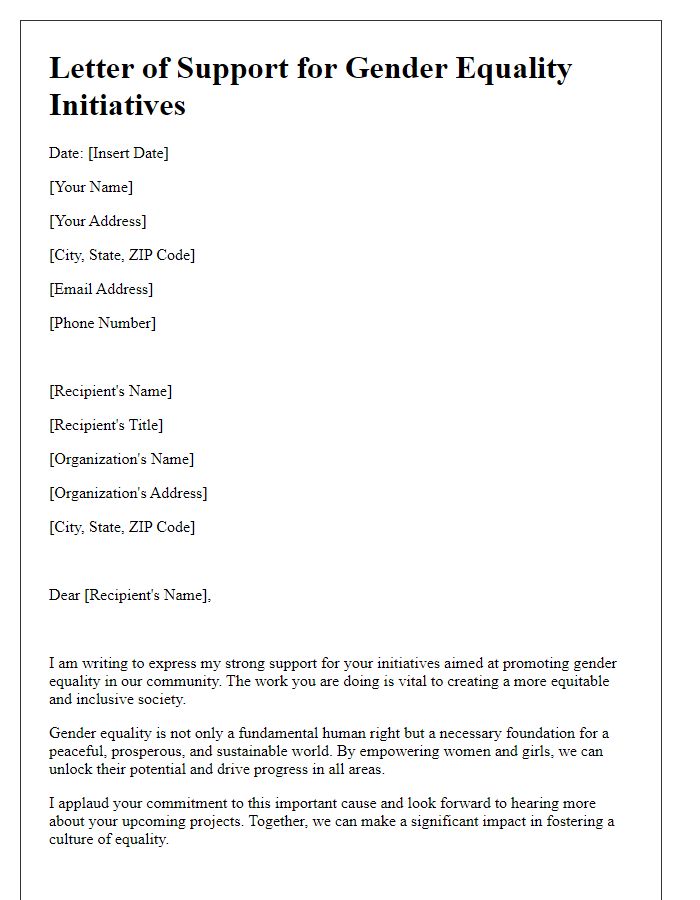
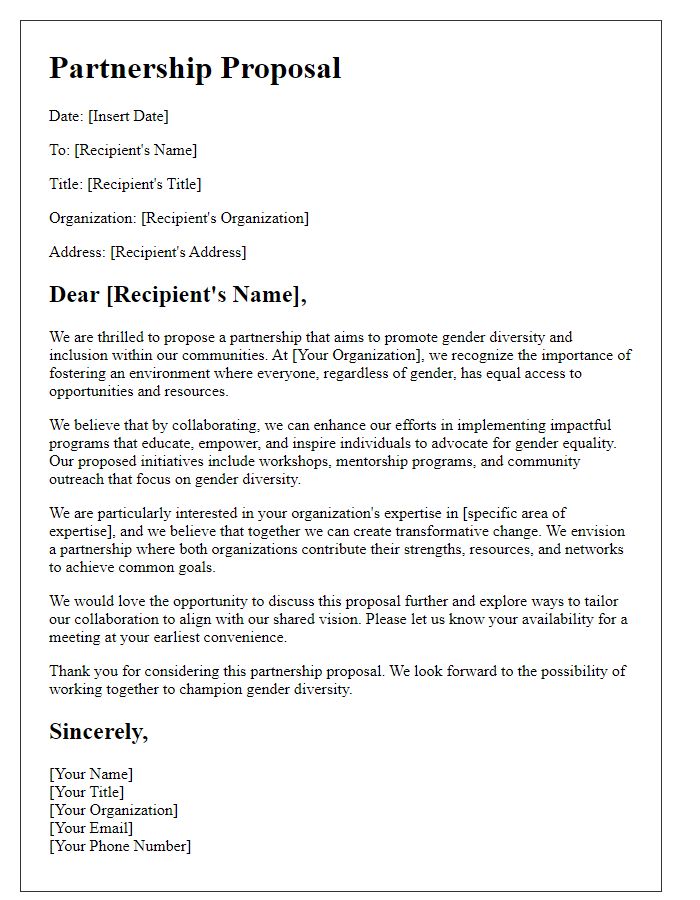
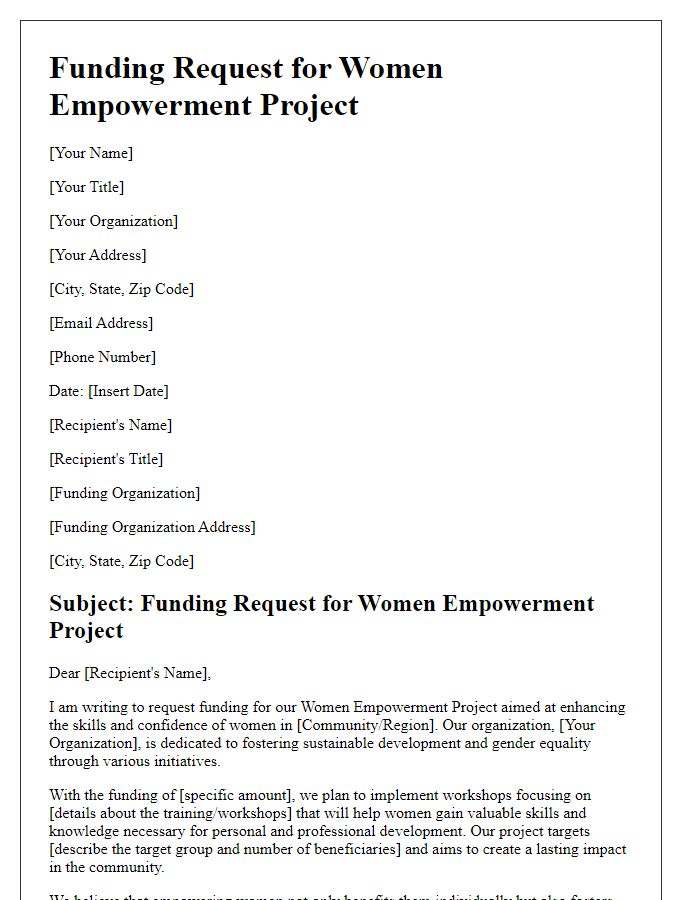
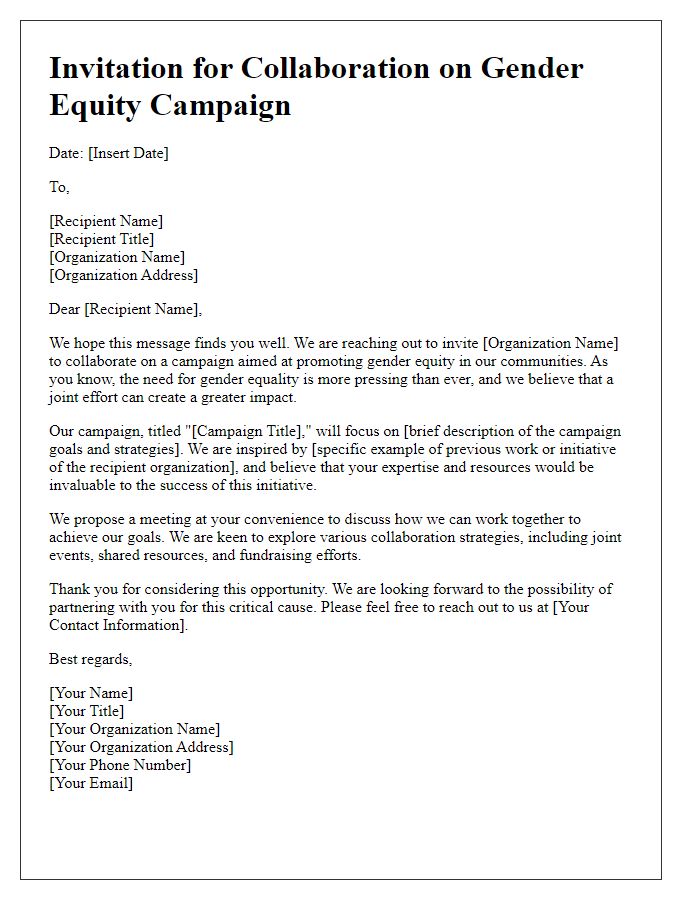
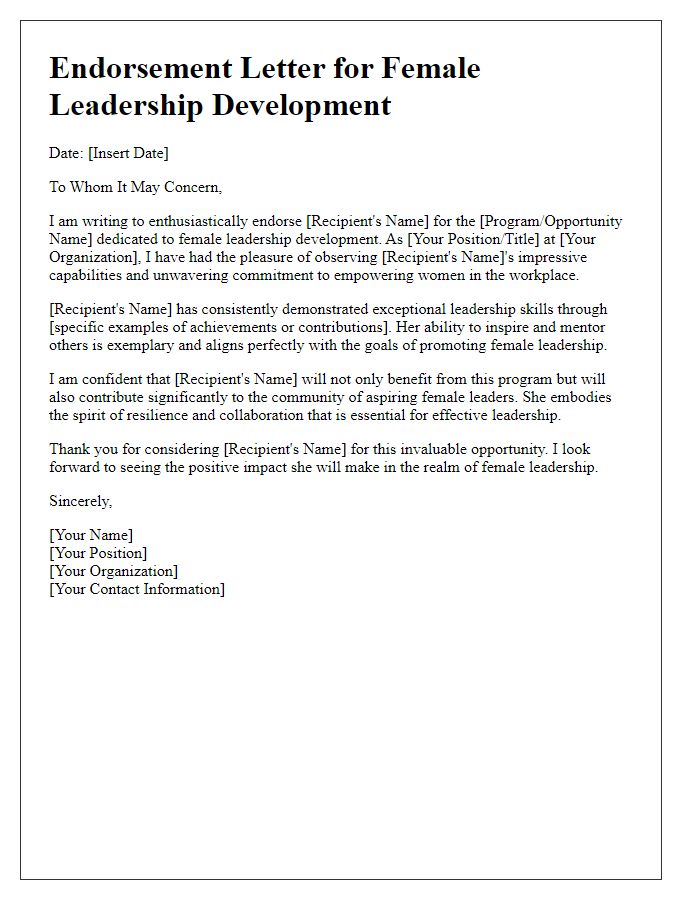
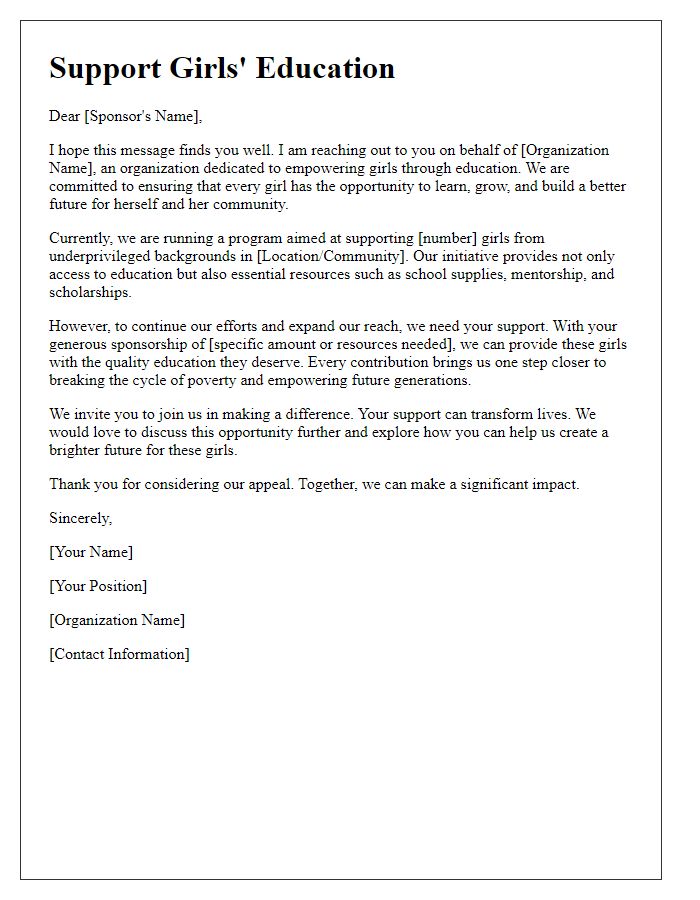
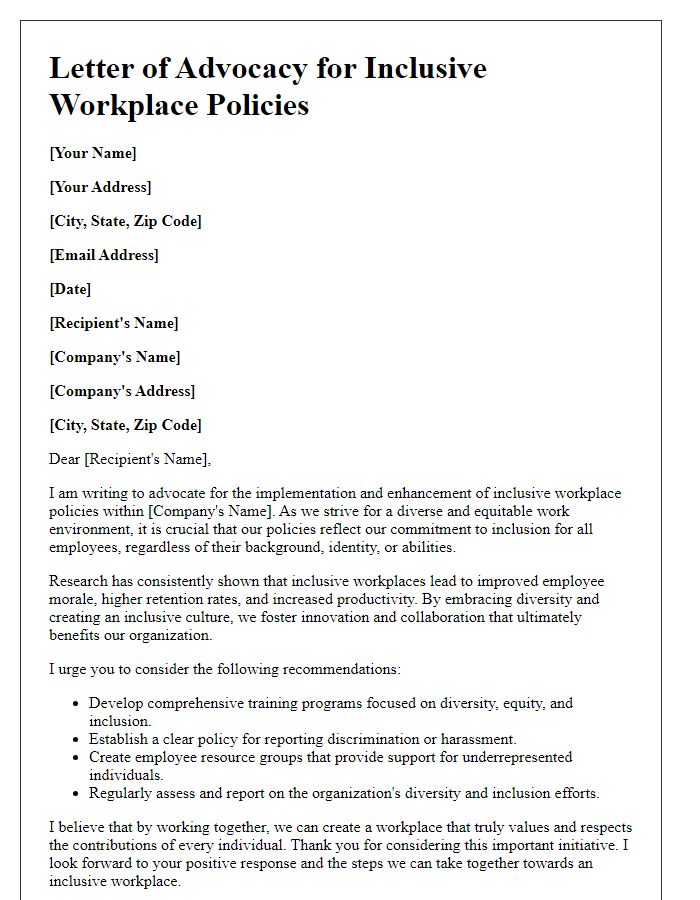
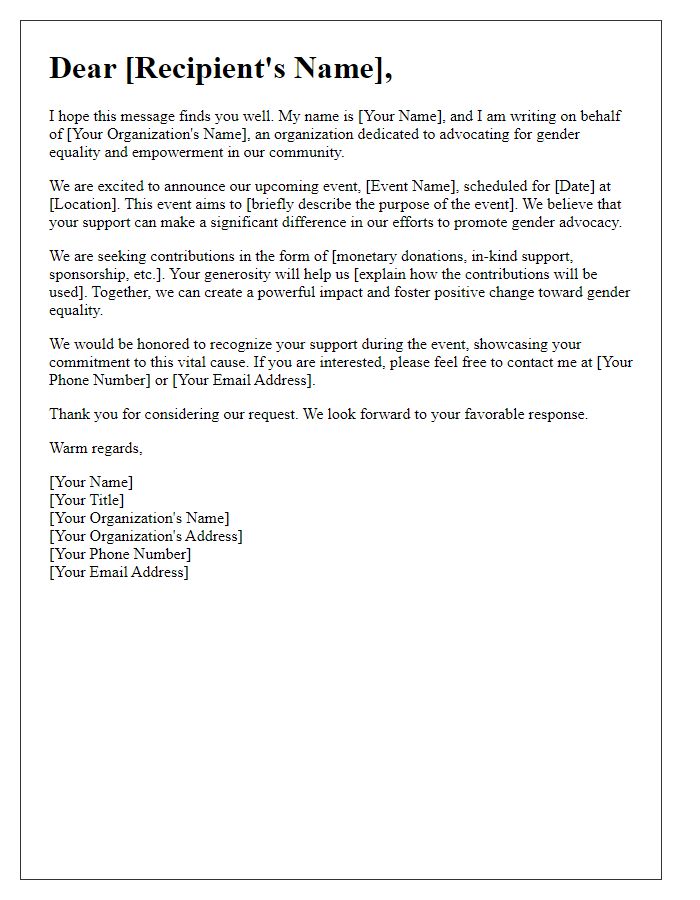
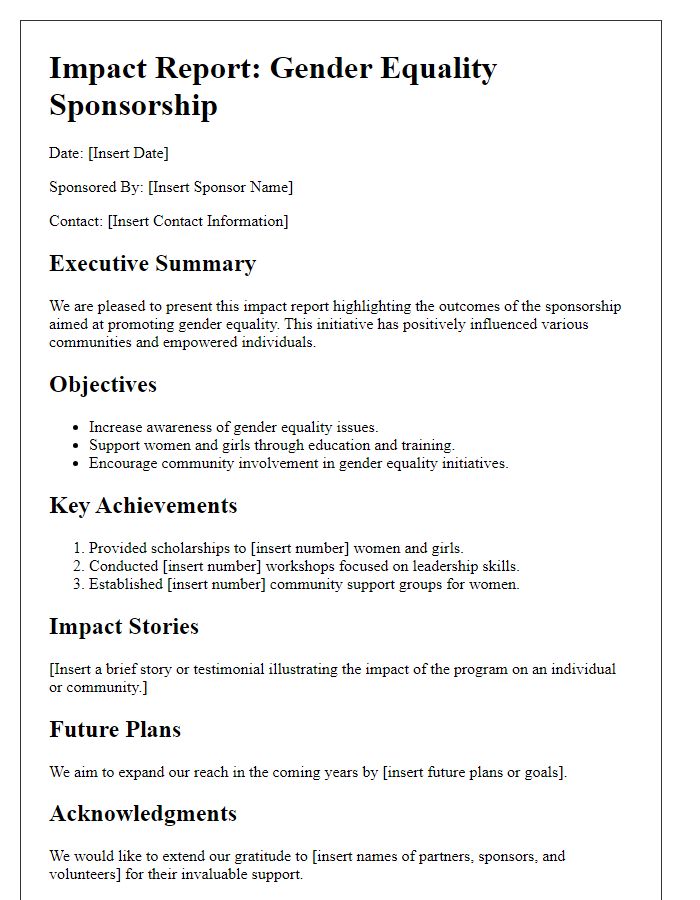
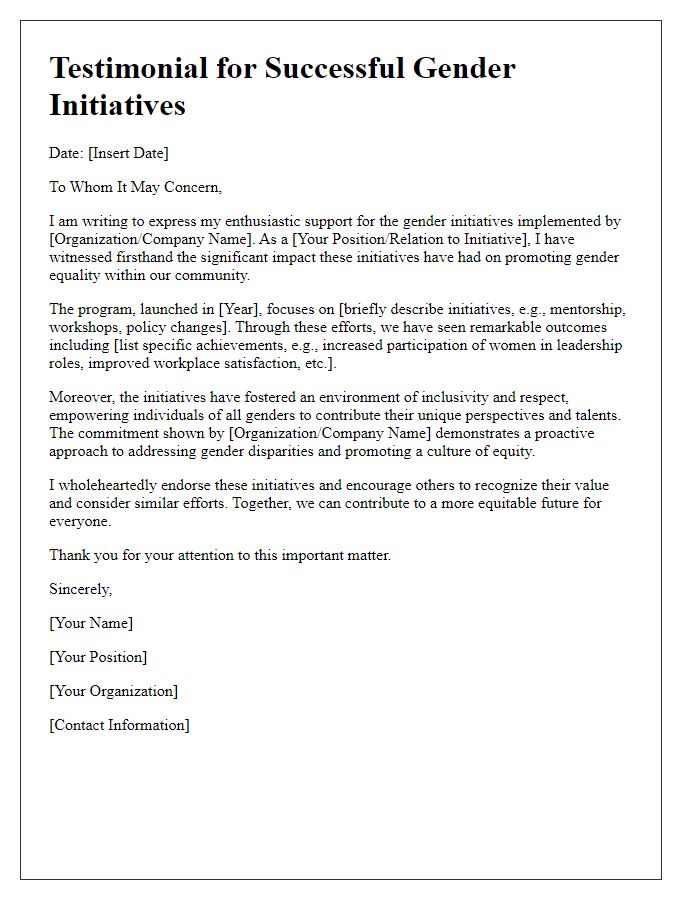


Comments